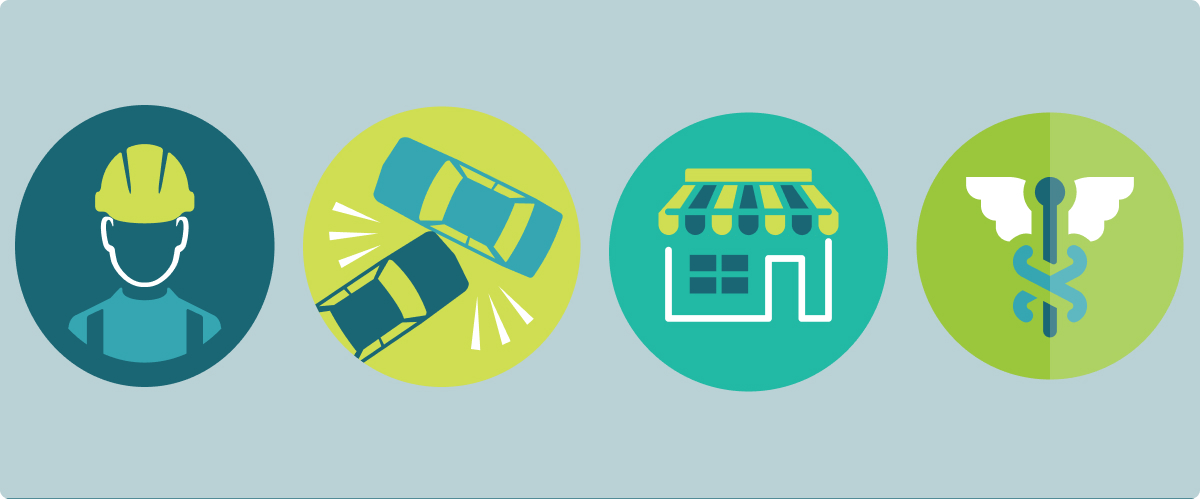The National Injury Insurance Scheme (NISS) exists to support people who have suffered catastrophic and life-changing injuries. Here is what you need to know about the Scheme and how you can access it.
What is the eligibility criteria for accessing the NIIS?
To be eligible for the NIIS you must have been injured at work or in a motor vehicle accident (regardless of fault) after 1 July 2016.
In addition, you must have sustained one or more of the following injuries:
- traumatic brain injury;
- permanent spinal cord injury;
- multiple or high-level limb amputations;
- permanent injury to the brachial plexus;
- severe burns, including inhalation, burns causing a permanent respiratory impairment; and/or
- permanent blindness caused by trauma.
How do I lodge an application to the NIIS?
You must lodge an application to NIIS within 12 months of the date of the accident. Any of the following parties may lodge the application:
- the injured person;
- a person authorised by the injured person;
- a hospital authorised by the injured person;
- the Comprehensive Third Party insurer; or
- the injured person’s solicitor.
What is covered by the NIIS?
The types of treatments, care and support included in the Scheme are:
- medical treatment;
- rehabilitation;
- respite care;
- pharmaceutical treatment;
- carers services;
- modifications to the injured party’s home and transport;
- prostheses;
- supportive aids and appliances, such as a wheelchair;
- dental treatment;
- ambulance transportation; and
- education and training.
What happens once I am deemed eligible for NIIS?
When the National Injury Insurance Scheme deems the injured person is eligible, they will enter the scheme as an ‘Interim Participant’. The person’s treatment, care and support will be funded for a two-year period after which time (or close to the conclusion of this time), the NIIS will determine if the injured person still meets the eligibility criteria to be able to remain in the Scheme as a ‘Lifetime Participant’.
Can I receive any other compensation on top of the NIIS?
Yes. If you are eligible for the NIIS and can also establish the fault or negligence which caused the accident, you retain your right to pursue a Workcover claim or a motor vehicle injury CTP claim.
The reason for this is that the NIIS does not cover people for their economic losses (such as loss of current and future income) day-to-day living expenses or any costs related to injuries or conditions which are not related to the accident.
Lifetime Participants who are in the position to be able to pursue a Workcover claim or a motor vehicle injury CTP claim have the option to seek to ‘Opt Out’ of the Scheme, which means they want to attempt to pursue those entitlements in a lump sum payment.
Can I receive NIIS benefits if I was not injured at work or in a traffic accident?
No. If you were not injured at work or in a traffic accident but you have received life-altering injuries in another type of accident you should obtain legal advice from a personal injury lawyer who can talk you through your options for seeking compensation.
Do I need a lawyer to help me apply for the NIIS?
Injured parties or their representatives are encouraged to engage legal representation when applying for the NIIS.
There are strict timeframes that must be adhered to and notices which must be provided at various stages of the application process. It is, therefore, wise to seek the assistance of a personal injury compensation lawyer to manage your claim and the associated documents and deadlines and to put your strongest case forward. A solicitor can also help if you have made an initial claim which was rejected that you would like reviewed.


